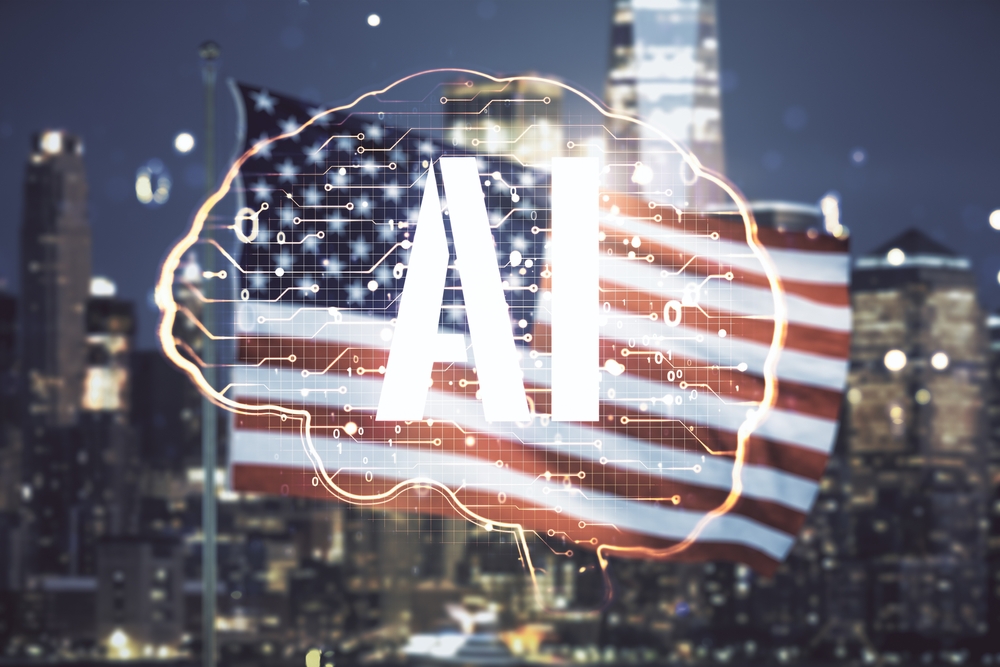The US is strategically pushing for strengthening global leadership in artificial intelligence (AI) by strengthening its AI infrastructure.
The Department of Energy (DOE) has announced ambitious plans to develop AI-enabled data centers and energy infrastructures across the country.
To facilitate this expansion, DOE issued an Information Request (RFI) to investigate the potential use of federal lands in AI infrastructure projects.
The move demonstrates a strong commitment to leveraging public resources for private sector collaboration and streamlining the development of state-of-the-art AI facilities.
DOE has identified 16 major locations with existing energy infrastructure suitable for rapid data center construction and nuclear power projects.
Commenting on the AI development plan, Energy Secretary Chris Wright said:
“The Department of Energy continues to provide Americans with affordable, reliable, safe energy while taking important steps to leverage domestic resources and promote the AI revolution.”
The importance of expanding AI infrastructure in the US
The rapid evolution of AI technology requires significant advances in infrastructure to support growing computational demand.
AI models require immeasurable processing power, data storage, and energy resources. Without the right AI infrastructure, the US could risk falling behind in the global AI race and withhold technical leadership from other countries.
By expanding its AI infrastructure, the US can achieve several strategic goals.
Enhanced national security: AI is essential for defense, cybersecurity, and intelligence reporting operations. The development of a robust AI infrastructure ensures the US has a technical advantage in protecting its national interests. Improving economic growth: AI-driven industries such as automation, healthcare and financial services have contributed significantly to the expansion of the economy. Enhanced AI infrastructure will encourage job creation and innovation in a variety of sectors. Advances in scientific research: AI-powered simulation and data analysis play a pivotal role in areas such as medicine, climate science, and space exploration. Improved infrastructure accelerates groundbreaking discoveries and technological advancements. Protecting energy sustainability: AI infrastructure development provides opportunities to integrate renewable energy sources and optimize electricity usage. Efficient energy management within AI data centers can reduce costs and minimize environmental impact.
Public-private collaboration to promote innovation
To accelerate AI and energy infrastructure development, the US government prioritizes partnerships between federal agencies and private companies.
This approach not only attracts investment, but also encourages the use of innovative technologies in energy-efficient AI data centers.
By promoting such collaboration, the initiative aims to position the United States as a dominant force in AI advancement, while ensuring affordability and reliability of energy supply.
Furthermore, co-locating the AI research hub with DOE’s world-class laboratories creates an unparalleled opportunity for technical breakthroughs.
These partnerships increase the efficiency of the power system required for AI calculations and promote the next generation of AI-powered hardware and software solutions.
Additionally, RFI seeks industry feedback to improve its development strategies, optimize technology solutions, and assess economic feasibility.
Shaping the future of American AI
By investing in AI-Reaid data centers, promoting public-private partnerships and strengthening energy systems, the US is laying the foundation for an AI-powered future.
As the global AI landscape becomes more and more competitive, the US must be proactive and proactive in strengthening its AI capabilities.
With these initiatives, the nation has taken critical steps to ensure its position as a leader in AI innovation, economic development and energy sustainability.
Source link

